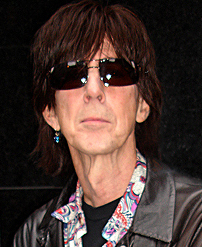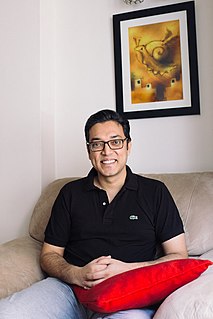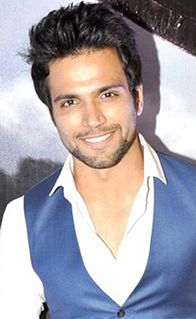A Quote by Mitski
With solo shows, you have complete control over the set list. If you feel like you want to do something different or do a new song, you can just work it in. You can talk to the audience or not talk to the audience. There's nothing that's set.
Related Quotes
Good genre movies are a little bit like trying to write a haiku. There are certain things that you have to do to fulfill the audience's expectations, but inside that, you have complete freedom to talk about whatever you want. Who wants to see a movie about gun violence in America and class? But, if you set it in this terrifying, fun, roller coaster ride of a movie, you can talk about whatever you want. That's been the game that genre movies play, when they do it well.
When you play a smaller, more intimate venue, you can have real conversations with your audience, take risks, and stay current. You can also change the set list, on how the day feels or how the audience reacts. When you do arena shows, every arena looks and feels the same. You can't see who is in the room.
When I can do an acoustic set, I can sit down and sing. And then when I have a huge arena full of people, there's nothing like that. It's the coolest feeling in the world, but I also like to play small intimate shows because I feel you can connect a little more. And that's something I had to learn - how to connect to a big audience versus the small one.
I definitely isolate, but I also always have people in front of me, and I have to be OK with that. I'm in a business where, on the set, you're around two hundred people every day, and if you're high on the call sheet, you sort of set the tone for the set. And you want people to feel appreciated, and you want to ask them how their kids are. You want to talk to people and invest in them and let them know that they're appreciated and heard. But then I do like to just kind of withdraw.
You don't fully understand the meaning of a work until the audience responds to it. Because the audience completes the circle, and adds a whole other shade of meaning. Whenever you view something, and this is why great works of art survive decades and centuries, is because there's a door within the work that allows the audience to walk through and complete the meaning of the work. An audience isn't passive, nor are they unintelligent.
An audience will let you know if a song communicates. If you see them kind of falling asleep during the song, or if they clap at the end of a song, then they're telling you something about the song. But you can have a good song that doesn't communicate. Perhaps that isn't a song that you can sing to people; perhaps that's a song that you sing to yourself. And some songs are maybe for a small audience, and some songs are for a wide audience. But the audience will let you know pretty quickly.
I always talk to all the crew. I always make it pleasant. I always nurture a relationship that makes people feel like they're important, like they're a part of the collaboration. I feel that way about the young actors on set. I don't talk to them like I'm the mentor; I talk to them like they're my peers. And I learned that from Meryl Streep.
Once we were on the set, we each did different kinds of work. I was doing more the technical stuff, the framing and the camera work, and she was working more with the actors. Marjane [Satrapi] and I don't stop speaking once we're on the set. We continue to talk. We define what our roles are going to be on set, because to have a snake with two heads is silly.
As an actor, you should always keep your trump card hidden from your audience. I want the audience to keep expecting more and more from me. I want to do 'different' work - good and memorable roles - so that audience appreciate me more. That's why I love to surprise my audience with something they never expect me to do.
I just like to explore honest thoughts or feelings. How I'm feeling at the time. I want to explore it and talk about it and have a conversation with the audience. I want to throw something out there, see how they feel about it, and tell them how I feel about it. I know that's really relaxed, but that's the most fun.




































